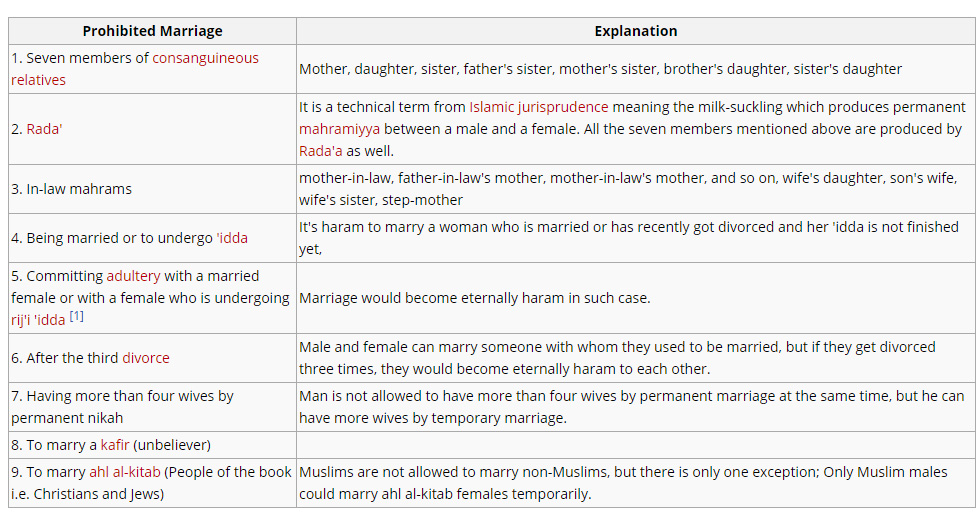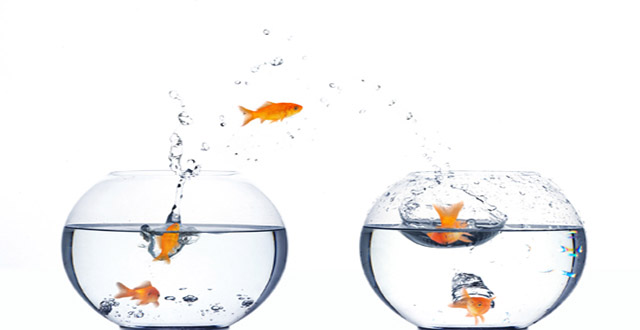Is the Punishment of Amputation of the Hands, Rough and Violent?
 Is the Punishment of Amputation of the Hands, Rough and Violent? Before answering this question it is essential to mention the conditions which govern the punishment of amputation of a thief’s hand.
Is the Punishment of Amputation of the Hands, Rough and Violent? Before answering this question it is essential to mention the conditions which govern the punishment of amputation of a thief’s hand.
From the entire collection of Islamic traditions, it can be inferred that there are numerous requirements, which have to be fulfilled, in order that this Islamic punishment is put into execution, and failing which, initiating this punishment is not permissible. Some of these requirements are as follows:
• The item that is stolen should possess a value of at least one-fourth of a dinar.1
• It should have been stolen from a secured place such as a house, a shop, internal pockets etc.
• The theft should not have taken place during famines and droughts, when the people are suffering from hunger and possess no means.
• The thief should be sane and an adult, and should have committed the act out of his own choice and free will.
• This ruling shall not be applicable in the case of a father, who steals from the property of his son, or a partner, who does so from the property of the partnership.
• Stealing fruits from the trees of a garden has also been exempted from this ruling.
• Every instance, in which there exists a likelihood of error on the part of the thief that he may have mistaken other’s property as his own, is exempted this ruling.
• In addition to the above, there are some other conditions, which have been mentioned and explained in books of jurisprudence.
The above should not be mistaken to mean that theft is prohibited and unlawful only when all the above conditions gather together; in Islam, theft in every form, in every measure and in every way is prohibited and unlawful. What is meant by the above conditions is that only under such circumstances can this penalty be put into execution.
The measure in which the hand should be amputated
It is popular amongst our jurists that on the basis of the traditions of the Ahlul Bayt (a.s.) only the four fingers of the right hand must be amputation and not more – unlike the Sunnite jurists, who have stipulated more than this.
Is this Islamic penalty rough and violent?
Very often the opponents of Islam and even some of the less knowledgeable Muslims have levelled this objection that this Islamic penalty appears to be intensely harsh, and if this ruling were to be implemented in today’s world, there would be numerous hands which would have to be cut. In addition, enforcement of this ruling would entail that a person, in addition to losing an important part of his body, would become infamous and notorious all throughout his life.
In answering this objection, attention ought to be paid to this reality that:
Firstly: Just as we had mentioned in the conditions of this ruling that not every thief shall become encompassed by this law, rather, there shall be only one group of dangerous thieves, who shall be formally subjected to this punishment.
Secondly: In view of the fact that in Islam there are several requirements and conditions that need to be met in order to prove a crime, the occurrence of this punishment further diminishes.
Thirdly: Many of the objections which people, possessing less knowledge, have propounded against the Islamic laws is simply because they have sought to examine its one ruling, independently and without taking into account its other rulings; in other words, they attempt to envisage that ruling in a completely non-Islamic society.
But if we were to take into consideration the fact that Islam is not just one ruling but a collection of rulings, which when implemented in a society results in enforcement of social justice, fight against poverty, correct education and training, awakening, awareness and piety, then it would become manifest that very few people would become eligible for this punishment. However, it should not be mistaken to mean that in today’s societies this ruling should not be enforced; rather, it means that all these aspects and dimensions ought to be taken into consideration at the time of judgement.
In short, an Islamic government is duty-bound to fulfill the basic needs of all the individuals of the country, impart to them the necessary education and also train them with respect to ethics and morals; it is self-evident that in such an environment, offenders shall be few and far in between.
Fourthly: If we observe theft to be rampant today, it is because such rulings are not being enforced; and hence, in environments in which this Islamic ruling is enforced (like Saudi Arabia, in which until very recently this ruling had been in force), extraordinary safety is observed to prevail over them with regards money and property.
Numerous pilgrims to the House of Allah (s.w.t.) have personally witnessed purses and wallets containing money lying on the roads and in the streets with none possessing the courage to touch them until such a time that the functionaries of the Department of Collection of Lost Items carry them to the mentioned department from where the owners retrieve their lost items by presenting the necessary identifications. Most of the shops are not locked at night but despite this, no one attempts to break into them.
Interestingly, this Islamic ruling – despite being in force for centuries and under whose shade the Muslims in the initial stages of Islam lived in peace, security and comfort – has only been implemented upon a very few number.
Is the amputation of a few criminal hands an extravagant price to pay for the several-century security of a nation?
Some people object: Is the execution of this penalty with respect to a thief for the sake of a quarter of a dinar not in contradiction with Islam’s immense respect for the life of the Muslims and the importance attached by it for protecting them from all harms? This is especially so in view of the fact that the atonement money, stipulated by Islam, for cutting four fingers of a person is an amount, which is excessive and extravagant.
Incidentally, this same question, as reported in some of the books of history, had been put to the distinguished scholar ‘Alam al-Huda – the late Sayyid Murtadha – a thousand years ago. The questioner presented his query in the form of a couplet, which is as follows:
يَدٌ بِخَمْسِ مِئَين عَسْجَدٍ وُوَدِيَتْ مَا بَالُهَا قُطِعَتْ فِي رُبْعِ دِيْنَارٍ؟
“The hand, whose atonement is five hundred dinars; why should it be amputated for a quarter of a dinar?”2Sayyid Murtadha, in reply, recited this couplet:
عِزُّ الاَمَانَةِ أَاغْلاَهَا وَ أَارْخَصَهَا ذِلُّ الْخِيَانَةِ فَافْهَمْ حِكْمَةَ الْبَارِيْ
“The honour of trustworthiness made it high-priced, while the abjectness of treachery lowered its value, so comprehend the wisdom of Allah.”3 and 4
1. One dinar is equal to one legal mithqal of coined gold, and one legal mithqal is equivalent to 18 barley grains. Thus, one legal mithqal is equal to ¾ ordinary mithqal.
2. Of course, it must be noted that five hundred dinars is in the event that five fingers are cut. However, as we have previously mentioned, according to the Shi’a faith, only four fingers are to be cut for theft.
3. This incident has been mentioned in vol. 6, pg. 134 of Tafsir Alusi, however, it has been attributed to Alam al-Din al-Sakhavi instead of ‘Alam al-Huda.
4. Tafsir-e-Namuna, vol. 4, pg. 376









